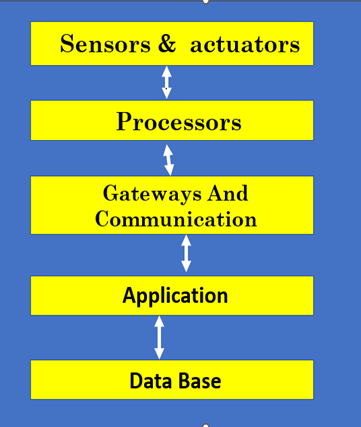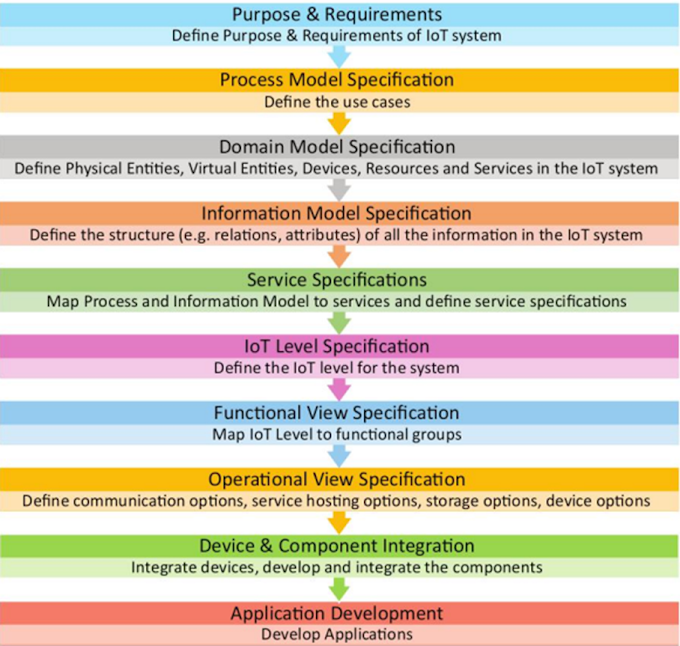LOOPING IN MySQL
LOOP statement used to run a block of code repetitively
based on a condition.
Introduction to MySQL LOOP statement
The LOOP statement
allows to execute one or more statements repeatedly.
syntax:
[begin_label:]
LOOP
statement_list
END LOOP
[end_label]
The LOOP can have
optional labels at the beginning and end of the block.
The LOOP executes
the statement_list repeatedly.
The statement_list may
have one or more statements, each terminated by a semicolon (;) statement
delimiter.
the loop terminates (ends) when a condition is satisfied by using
the LEAVE statement.
Syntax of the LOOP statement
used with LEAVE statement:
[label]: LOOP
...
-- terminate the loop
IF condition THEN
LEAVE [label];
END IF;
...
END LOOP;
The LEAVE statement
immediately exits the loop.
It works like the break statement
(as PHP, C/C++, and Java.).
In addition to the LEAVE statement,
also use the ITERATE statement
to skip the current loop iteration and start a new iteration.
The ITERATE is
similar to the continue statement
(PHP, C/C++, and Java.).
Example
Creates a stored procedure that uses a LOOP loop
statement:
CREATE
PROCEDURE LoopDemo()
BEGIN
DECLARE x INT;
DECLARE str VARCHAR(255);
SET x = 1;
SET str = '';
loop_label: LOOP
IF x > 10 THEN
LEAVE loop_label;
END IF;
SET x = x + 1;
IF (x mod 2) THEN
ITERATE loop_label;
ELSE
SET str = CONCAT(str,x,',');
END IF;
END LOOP;
SELECT str;
END$$
DELIMITER ;
Explanation:-
- The
stored procedure constructs a string from the even numbers e.g., 2, 4, and
6.
- The
loop_labelbefore theLOOPstatement for using with theITERATEandLEAVEstatements. - If
the value of
xis greater than10, the loop is terminated due to theLEAVEstatement. - If
the value of the
xis an odd number, theITERATEignores and starts a new loop iteration. - If
the value of the
xis an even number, the block in theELSEstatement will build the result string from even numbers.
Call LoopDemo stored procedure:
CALL
LoopDemo();
Output:
+-------------+
| str |
+-------------+
| 2,4,6,8,10, |
+-------------+
1 row in set
(0.01 sec)
======================================================================
WHILE Loop in MySQL
Execute one or more statements as code block repeatedly until a
condition is true.
Also called pretest loop (checks the search_condition before
the statement_list executes).
Syntax:
[begin_label:]
WHILE search_condition DO
statement_list
END WHILE
[end_label]
Explanation:
1. Specify a search condition after
the WHILE keyword.
It checks
the search_condition at the
beginning of each iteration.
If the search_condition is TRUE,
the WHILE executes
the statement_list as long
as the search_condition
is TRUE.
2. Specify one or more statements that
will execute between the DO and END
WHILE keywords.
3. Specify optional labels for the WHILE statement
at the beginning and end of the loop construct.
Example
Delimiter //
CREATE PROCEDURE Wl1()
BEGIN
DECLARE A INT;
DECLARE XYZ Varchar(50);
SET A = 1;
SET XYZ = '';
WHILE A <=10 DO
SET XYZ = CONCAT(XYZ,A,',');
SET A = A + 1;
END WHILE;
select xyz;
END //
Compile this code;
Execute this code:-
call Wl1();
OUTPUT:-
xyz
1,2,3,4,5,6,7,8,9,10,
============================================================================
MySQL REPEAT Loop
The REPEAT statement
executes one or more statements until a search condition is true.
Syntax:
[begin_label:]
REPEAT
statement
UNTIL
search_condition
END REPEAT
[end_label]
The REPEAT executes
the statement until
the search_condition evaluates
to true.
The REPEAT checks
the search_condition after
the execution of statement, therefore,
the statement always
executes at least once. This is why the REPEAT is
also known as a post-test loop.
The REPEAT statement
can have labels at the beginning and at the end. These labels are optional.
The following flowchart illustrates the REPEAT loop:
REPEAT loop example
creates a stored procedure called RepeatDemo that uses the REPEAT statement to concatenate numbers
from 1 to 9:
DELIMITER $$
CREATE
PROCEDURE RepeatDemo()
BEGIN
DECLARE counter INT DEFAULT 1;
DECLARE result VARCHAR(100) DEFAULT '';
REPEAT
SET result =
CONCAT(result,counter,',');
SET counter = counter + 1;
UNTIL counter >= 10
END REPEAT;
-- display result
SELECT result;
END$$
DELIMITER ;
Explanation:-
In this stored procedure:
1. Declare two variables counter and result and set their initial values to
1 and blank.
The counter variable is used for counting
from 1 to 9 in the loop.
And the result variable is storing the
concatenated string after each loop iteration.
2. Append counter value to the result variable using the CONCAT() function
until the counter is greater than or equal to 10.
Call the RepeatDemo() stored procedure:
CALL
RepeatDemo();
Output:
+--------------------+
| result |
+--------------------+
|
1,2,3,4,5,6,7,8,9, |
+--------------------+
1 row in set
(0.02 sec)
=========================================================================
MySQL LEAVE
The LEAVE statement exits the flow control and terminates a loop or exit from the stored program label.
Syntax:
LEAVE label;
In this syntax, specify the label of the block that want to exit after
the LEAVE keyword.If the label is the outermost of the stored procedure or function block, LEAVE terminates the stored procedure or function.
CREATE
PROCEDURE sp_name()
sp: BEGIN
IF condition THEN
LEAVE sp;
END IF;
-- another statement
END$$
Example:-
creates a stored procedure for checking the credit of a given customer in
the customers table.
Create store
procedure CheckCredit()
DELIMITER $$
CREATE
PROCEDURE CheckCredit( inCustomerNumber int )
sp: BEGIN
DECLARE customerCount INT;
SELECT
COUNT(*)
INTO customerCount
FROM
customers
WHERE
customerNumber = inCustomerNumber;
-- if the customer does not exist, terminate
-- the stored procedure
IF customerCount = 0 THEN
LEAVE sp;
END IF;
-- other logic
-- ...
END$$
Using LEAVE statement
in loops
The LEAVE statement used to terminate a loop.
Syntax: LEAVE statement in the LOOP, REPEAT and WHILE statements.
Using LEAVE with the LOOP statement:
[label]: LOOP
IF condition THEN
LEAVE [label];
END IF;
-- statements
END LOOP
[label];
Using LEAVE with the REPEAT statement:
[label:] REPEAT
IF condition THEN
LEAVE [label];
END IF;
-- statements
UNTIL
search_condition
END REPEAT
[label];
Code language: SQL (Structured Query Language) (sql)Using LEAVE with the WHILE statement:
[label:] WHILE
search_condition DO
IF condition THEN
LEAVE [label];
END IF;
-- statements
END WHILE
[label];
Current loop terminated by LEAVE .
If a loop is enclosed within another loop, then can break out of both
loops with a single LEAVE statement.
Example:-
LEAVE statement
in a loop
Create a stored procedure that generates a string of integers with the number
from 1 to a random number between 4 and 10:
DELIMITER $$
BEGIN
DECLARE counter INT DEFAULT 1;
DECLARE times INT;
-- generate a random integer between 4 and
10
SET times
= FLOOR(RAND()*(10-4+1)+4);
SET result = '';
disp: LOOP
-- concatenate counters into the result
SET result =
concat(result,counter,',');
-- exit the loop if counter equals
times
IF counter = times THEN
LEAVE disp;
END IF;
SET counter = counter + 1;
END LOOP;
END$$
DELIMITER ;
Call the LeaveDemo procedure:
CALL
LeaveDemo(@result);
SELECT @result;
Outputs:
+------------------+
| @result |
+------------------+
|
1,2,3,4,5,6,7,8, |
+------------------+
=================================================================






0 Comments